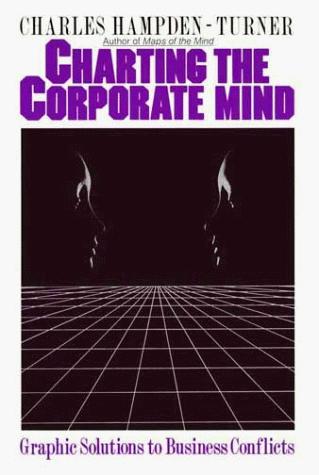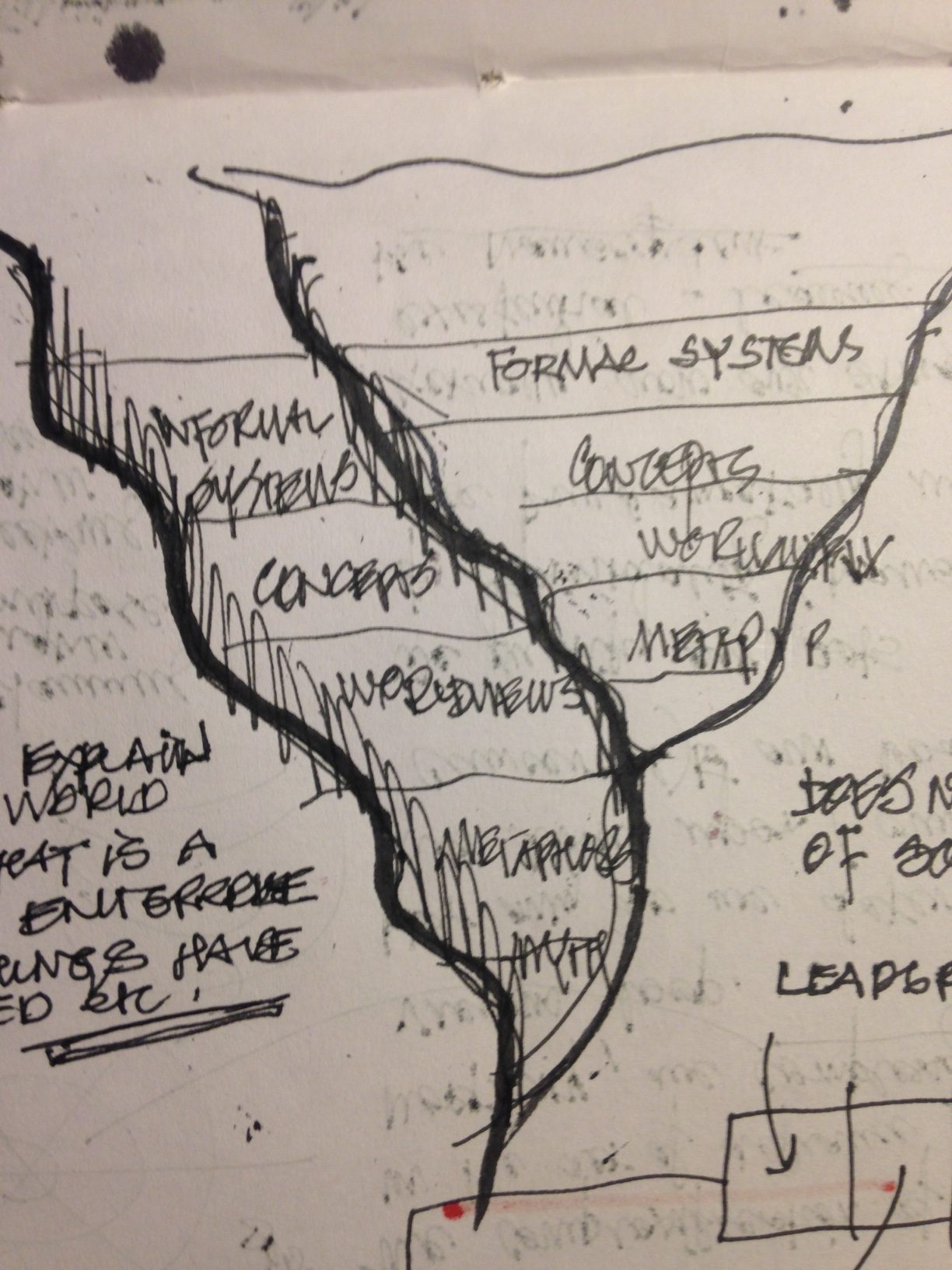Navigating through Complexity – grappling with dilemmas
In recent times there has been growing awareness of the concept of Complexity, with a corresponding increase in the number of publications that advise us on the need to embrace it, as a necessary condition of our times, and even more so going into the future.
Complexity is the very nature of the reality on which we layer aritificial and human/social systems often obscuring it in the process. At some juncture, the alienation and misalignment between reality and our constructs leads to dysfunction, often serious. Complexity also arises within the systems we construct to counter and master complexity, one of the hallmarks of our times.
This happens through all the interconnections and interdependence that we build and live with and continue to grow every passing day. I do not mean to write here about the nature of complexity, and all that is implies but just bring attention to what that realization or discovery leads us to.
On the one hand is the awakening to a certain kind of underlying beauty – a sense of awe. On the other hand is the realization that there is a reason we encounter so much intractability in our times, and that, if we accept this ’truth’, embrace it so to say, there is hope.
For all that I have read and heard, I have seen very few recommendations on how to actually deal with the many possibilities that such challenges rooted in complexity expose. We recognize that there are many possible pathways to navigate through the situations – many possible dimensions and possible points of intervention. The recommendations then have to do with experimentation, probing, and building rapid learning organizations, among others. There is more to the various approaches and I will deal with that in some other post.
One of the things that occurred to me, was that complexity posed the decision maker with dilemmas – of course in this case a multi-horned multi-lemma so to speak. That train of thought led me to thinking about dilemmas and the work that has been done in dilemma theory.
I was reminded of a book from several years ago – “Charting the Corporate Mind”, by Charles Hampden-Turner. I had referred to this book in the early 90’s when I was pivoting my career from business management to consulting. The book is certainly targeted at the Corporation and the role of the Manager. However, during my recent reading I realized that much of the book’s discussion of dilemmas and how to approach them remains relevant to our complex contexts in general.
Over the next couple of posts I will review some of the key concepts from the book and how I believe those concepts and approaches might be relevant to our need to deal with complexity in a somewhat systematic manner.



Leave a Reply
Want to join the discussion?Feel free to contribute!